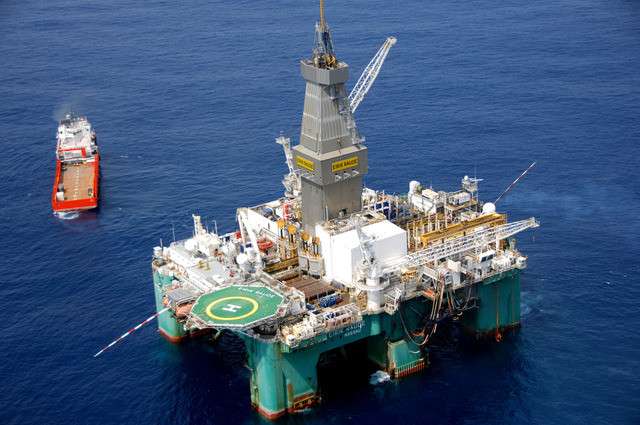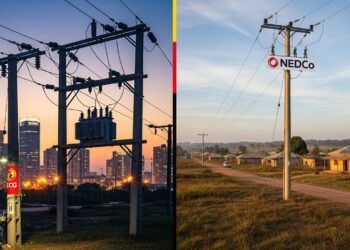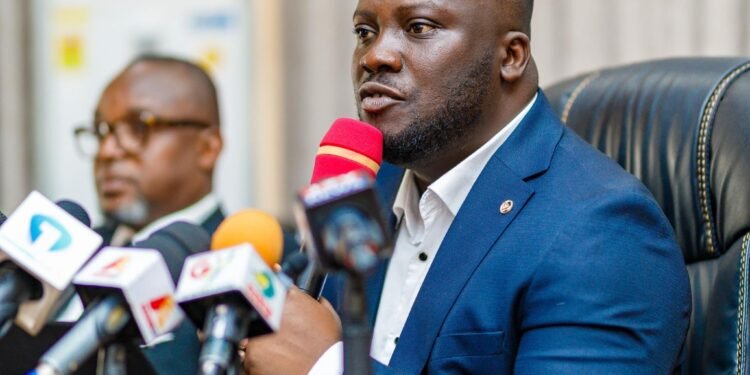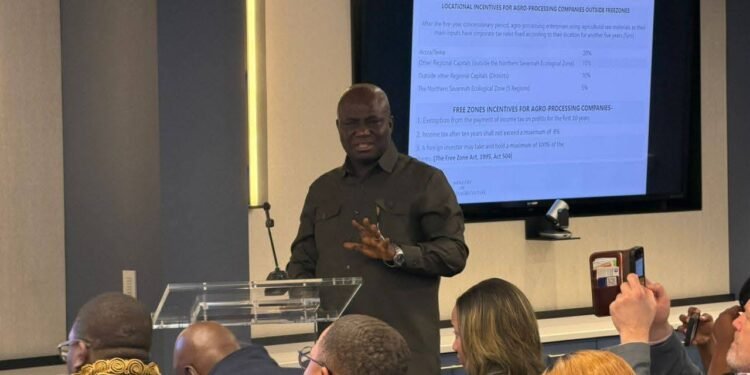Dr Yusif Sulemana, an Energy Expert and Senior Oil Production Operations Specialist with Petroleum Development Oman has mounted a defense, iterating the position that Ghana should increase its portfolio in the upstream oil sector, since the country’s energy security depends on it.
Doom prophecies for the oil and gas sector are increasing, and after the COP26, policies enacted by advanced economies are going to pull the strings within the global oil and gas industry. However, to be cowered in fear by abandoning the country’s oil and gas resources is to assume outright defeat in a battle when the odds are in the country’s favour (oil and gas resources) and not the opponent (renewable energies) at least for the foreseeable future.
While the energy expert noted that calls for Ghana to diversify its economy and break away from the ‘chain’ of over-dependence on its oil and gas sector at the expense of all other sectors (dutch disease) is in the right direction, he indicated that the surest pathway to the country’s industrialization lies within taking control of its own destiny in its oil and gas sector.
“The way forward is for us to strategise home-grown solutions and to be deliberate about projecting our National Oil Company (NOC) to be a formidable player within the upstream portfolio. Because, it is clear that if at a point in time we are not getting inputs from external parties as a result of constraints in ESGs and yet… our NOC which is unable to stand firm and independently make some cash flows is also very weak, then we are going to lose twice.”

Some Climate Policies that May Tend to Affect Ghana
Within this context, advanced economies, in particular, are likely to fast-track the implementation of existing climate change policies that threaten to affect exports from developing countries that are carbon-intensive.
One example, is the EU’s carbon border adjustment mechanism (CBAM) which is expected to introduce new CO2 emissions-cutting measures transitionally in 2023 and finalize them before 2026.
In a report released by UNCTAD, “the most affected economies include the African fuel-exporting countries such as Cameroon, Egypt, and Nigeria… Congo, Ghana, Morocco and Zimbabwe would also be affected due to the relative importance of their exports affected by the CBAM.”
Already, multilateral financial institutions are being ‘coerced’ by the exigencies of the time to sign statements to stop financing oil and other sectors in the bid to save the planet from further global heating. As a result, some have indicated that, a complete ban of oil is imminent, that Ghana should “quickly adapt and prepare for a complete loss of oil income”.
Calls to Quit Investment in Upstream Oil Sector
Nico Van Staalduinen, an Honorary Consul for Bulgaria to the Republic of Ghana is on record to have said that:
“Our government was recently in the news in an effort to try to take over Aker Energy. But ask yourself: Why is a company as specialized in Oil and Gas production as Aker pulling out over a great deal in a new oil producing country?
“The answer to that question is simple: Aker knows that within the next few years oil demand will decline and because exploration of deep-sea oil is much more expensive than an exploration of shallow oil wells it will prefer to continue in wells and countries where it is cheaper to explore oil.
“You don’t need to be a genius to be able to conclude where oil companies prefer to continue producing oil when the worldwide demand declines. Not in Ghana, or in any other deep-sea oil-producing countries, where the costs are even higher than in the USA. Not in deep-sea oil wells, not in shale oil, not in permafrost oil sources.”
NicoVan Staalduinen

Reacting to the aforementioned call, Dr Sulemana indicated: “…Apart from diversifying, that is the way mostly climate change activists start, they will start by saying try to diversify and in the process of diversification, they will just tell you to stop investment into the world of hydrocarbons and invest into the world of renewables. That cannot be, then there is no transition anyway!
“Transition has to be systematic where there is going to be a transitional path. And so there is going to be a fuel that is going to be between the transitional path [for] the world of hydrocarbons and the world of renewable energies.
“We can’t stop investments into the world of hydrocarbons if renewables are [not ready] to replace the shortfall. Most of the bigger players such as BP, Shell in particular, have made it clear that their legacy business is going to continue because that is what they are going to use to diversify.”
Dr Sulemana
Essentially, Ghana has a lot to lose if it abandons its oil and gas resources because of the fears that climate change policies advanced by developed economies are going to have direct and indirect effects on the country’s exports and to a larger extent its finances.
“And no one can pretend to know Africa more than we know ourselves. I think AfCFTA presents a golden opportunity for us to take advantage, to be self-reliant and depend on ourselves.”
Dr Sulemana
READ ALSO: No link Between Academic research and the Industrial Revolution Ghana seeks, Economist























